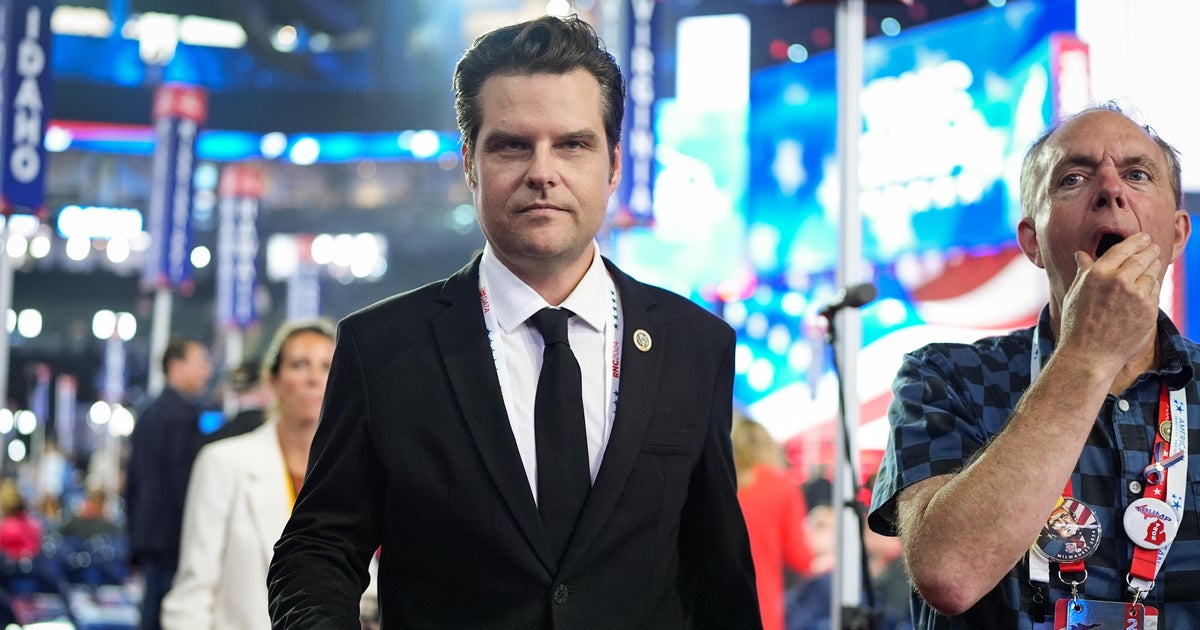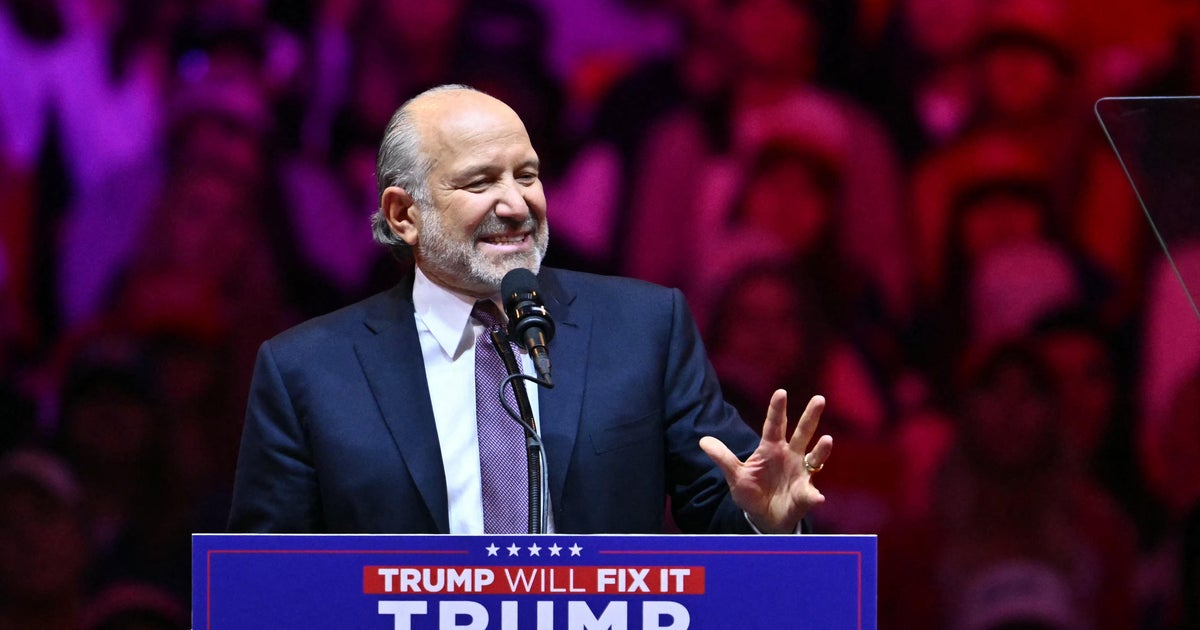Appeals court denies Trump's bid to shield records from January 6 committee
Washington — A federal appeals court rejected former President Donald Trump's effort to shield his presidential records from the House select committee investigating the January 6 attack on the Capitol, setting the stage for a likely showdown at the Supreme Court over the records.
A three-judge panel from the U.S. Court of Appeals for the District of Columbia Circuit sided with the House committee in a unanimous 68-page opinion on Thursday.
The House committee requested presidential records related to January 6 from the National Archives in August. Trump sued the committee and its chairman in October, claiming executive privilege shielded the records from congressional scrutiny, and won a temporary injunction.
However, President Biden waived executive privilege over the documents, and the House argued that only the current occupant of the White House can claim the protection over executive branch material. The U.S. District Court for the District of Columbia sided with the House in November, a ruling which Trump appealed. But the appeals court judges likewise said they had no reason to overrule Mr. Biden's determination that the records should be handed over.
"On the record before us, former President Trump has provided no basis for this court to override President Biden's judgment and the agreement and accommodations worked out between the Political Branches over these documents," the judges wrote. "Both Branches agree that there is a unique legislative need for these documents and that they are directly relevant to the Committee's inquiry into an attack on the Legislative Branch and its constitutional role in the peaceful transfer of power."
The decision does not mean the committee will immediately get access to the documents. The judges gave Trump a 14-day window to file an appeal to the Supreme Court, which his lawyers have said he intends to do.
"Regardless of today's decision by the appeals court, this case was always destined for the Supreme Court. President Trump's duty to defend the Constitution and the office of the presidency continues, and he will keep fighting for every American and every future administration," Trump spokeswoman Liz Harrington said in a statement.
The judges considered whether Mr. Biden has the final say over waiving executive privilege over his predecessor's White House records, and whether the courts have a role in deciding what is privileged if an incumbent president and a former president disagree.
"President Biden, as the head of the Executive Branch, has specifically found that Congress has demonstrated a compelling need for these very documents and that disclosure is in the best interests of the Nation," Judge Patricia Millett wrote on behalf of the panel. "A court would be hard-pressed under these circumstances to tell the President that he has miscalculated the interests of the United States."
In oral arguments before the court last week, Trump's attorney Jesse Binnall argued it is "incumbent on the courts" to make the decision if there is a disagreement between a former and current president over executive privilege claims.
Binnall asserted the courts must make the final decision, not Mr. Biden.
"All that matters is the current president and the former president. Once that disagreement occurs, an Article III court has to make a determination," he argued in court.
The appeals court judges, however, clearly disagreed. "It is only President Biden who can make a fully informed and circumspect assessment of all the competing needs and interests of the Executive Branch," they wrote.
Trump's legal argument also rested on the idea that the congressional request for his White House documents lacked a legitimate legislative purpose and was politically motivated, common refrains in his many legal battles against congressional oversight.
The judges likewise rejected these claims.
"To allow the privilege of a no-longer-sitting President to prevail over Congress's need to investigate a violent attack on its home and its constitutional operations would 'gravely impair the basic function of the' legislature," Millett wrote. "Former President Trump's bare allegations of partisan motives do not move the needle either."
And as for the former president's claim that the committee's request unduly burdens him, the judges said Trump "has made no showing that he has been saddled with anything close to such a daunting burden … former President Trump has alleged no actual difficulty completing his review of the [the documents]."



